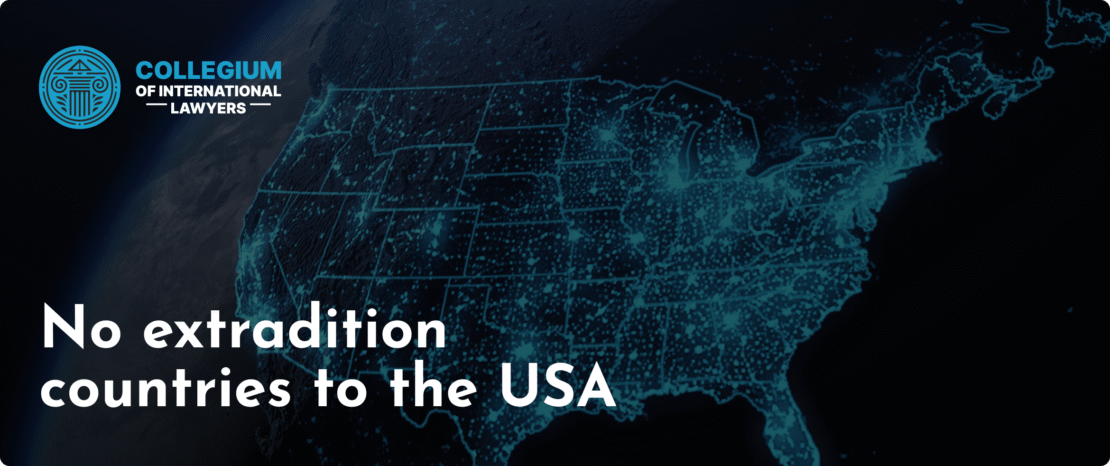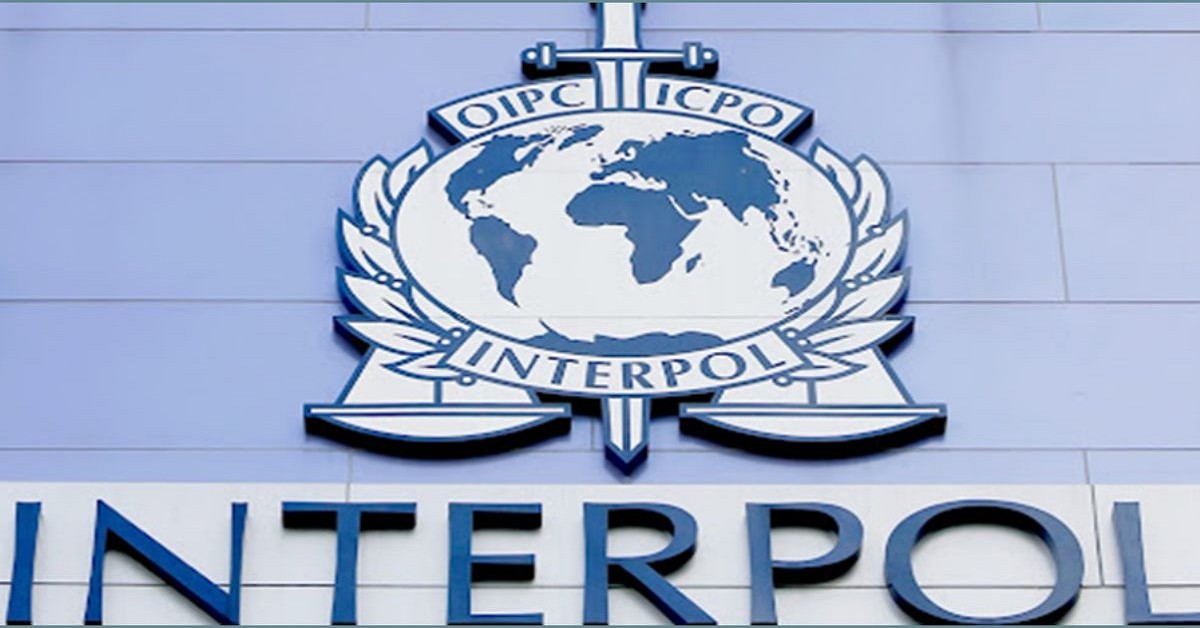
The Crucial Role of Criminal Defense Lawyers in Safeguarding Justice
Criminal defense lawyers play a fundamental role in the legal system, ensuring that individuals accused of crimes receive fair representation and protection of their rights. They act as advocates for their clients and work tirelessly to uphold the principles of justice. To understand their significance, one must delve into the various facets of their responsibilities. For more insight, you can visit criminal defense lawyer’s role artdaily.com/news/154767/The-Role-of-a-Criminal-Defense-Lawyer-in-Protecting-Your-Freedom.
Understanding Criminal Law
Criminal law is a body of law that pertains to crime and punishment. It encompasses various offenses, including felonies and misdemeanors, ranging from theft and assault to more serious crimes such as murder and sexual offenses. Criminal defense lawyers specialize in navigating this complex landscape, ensuring that their clients understand their rights and the implications of the legal processes they face.
The Importance of Legal Representation
In any criminal case, the right to legal representation is a cornerstone of the justice system. The U.S. Constitution provides defendants the right to an attorney, emphasizing that everyone deserves a defense, regardless of the crime they are accused of. A criminal defense lawyer serves as a crucial buffer between the individual and the legal system, helping to level the playing field.
Key Responsibilities of Criminal Defense Lawyers
Criminal defense attorneys have several key responsibilities that highlight their essential role in the legal process. These responsibilities include:
- Client Consultation: They begin by conducting thorough consultations with their clients to understand the case’s specifics and gather all relevant information.
- Case Investigation: They investigate the facts surrounding the case, gathering evidence, interviewing witnesses, and establishing timelines to build a strong defense.
- Legal Advice: Providing clients with sound legal advice that encompasses potential outcomes and strategic options for their defense.
- Plea Bargaining: They negotiate with prosecutors to reach favorable plea deals when appropriate, which can lead to reduced charges or lighter sentences.
- Trial Representation: If a case goes to trial, they represent their clients in court, presenting evidence, cross-examining witnesses, and arguing on their behalf.
- Appeals: In cases where a conviction occurs, criminal defense lawyers are often involved in the appeal process to challenge the verdict or the sentencing.
Protecting Rights and Ensuring Fairness
One of the primary roles of a criminal defense lawyer is to protect the rights of the accused. This includes ensuring fair treatment throughout the legal process, leveraging laws that safeguard against unlawful search and seizure, and contesting evidence that may have been obtained improperly. They also work to ensure that defendants receive a fair trial, which is a fundamental aspect of the U.S. legal system.

Challenges Faced by Criminal Defense Lawyers
The path of a criminal defense lawyer is often fraught with challenges. These can include:
- Prejudice and Bias: Public opinion can heavily influence cases, sometimes leading to biased perceptions about defendants, making it challenging to secure an unbiased jury.
- Resource Limitations: Many public defenders often face heavy caseloads and limited resources, which can hinder their ability to provide robust defenses to their clients.
- Emotional Toll: Working with clients who are facing severe consequences can be emotionally taxing for lawyers, as they navigate the human aspects of the law.
Building a Strong Defense
A significant part of a criminal defense lawyer’s role is constructing a compelling defense strategy. This may involve various approaches, such as proving innocence, demonstrating that evidence is inadmissible, or showing that the prosecution has failed to meet its burden of proof. They must utilize their legal knowledge, analytical skills, and experience to devise a strategy tailored to the unique circumstances of each case.
Collaborative Efforts in Defense
Criminal defense lawyers often collaborate with various professionals to build a strong case. This may include expert witnesses who can offer specialized knowledge, private investigators who assist in gathering evidence, and paralegals who help manage case details. Collaboration can enhance the quality of defense provided and improve the chances of a favorable outcome.
The Impact of Technology on Criminal Defense
In recent years, technology has increasingly influenced the role of criminal defense lawyers. Tools such as digital forensics, evidence management software, and online legal databases have revolutionized how lawyers prepare and present their cases. Technology not only aids in case preparation but also enhances communication between lawyers and clients, leading to more efficient defense strategies.
Conclusion
In conclusion, criminal defense lawyers play an indispensable role in safeguarding the rights of individuals accused of crimes. Their expertise, dedication, and commitment to justice ensure that the legal system remains fair and equitable. By defending the rights of the accused, these professionals uphold the integrity of the justice system and contribute to a more just society. Understanding their role is essential for recognizing the value of legal representation and the importance of fair trials in maintaining the rule of law.
